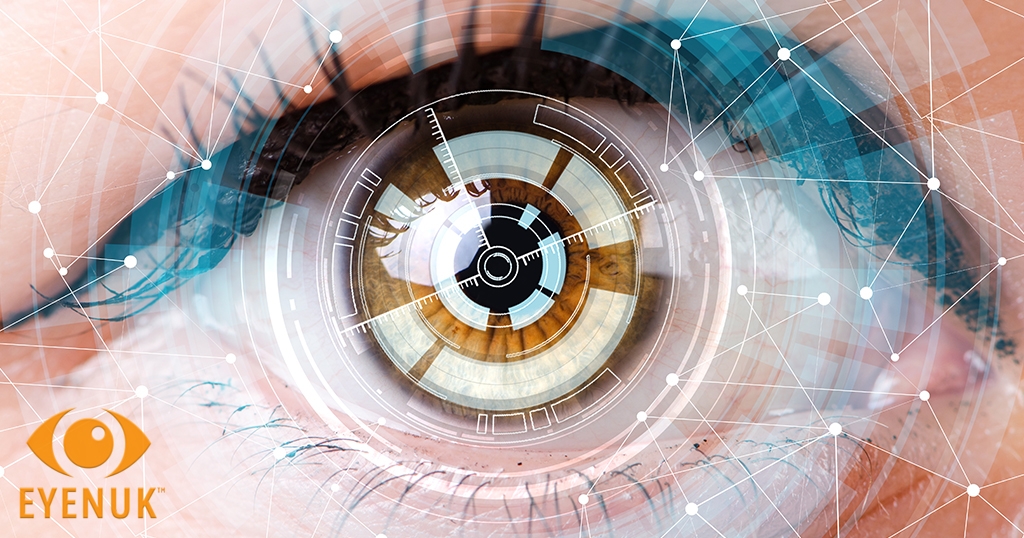Eyenuk’s EyeArt AI System Showing Its Value

Eyenuk Inc.’s first product, the EyeArt AI eye screening system, is an artificial intelligence (AI) technology for autonomous detection of diabetic retinopathy that’s been tested in more than 500,000 patient visits globally with more than 2 million images collected in real-world clinical environments.
Recently, the global AI medtech and services company announced that it has successfully fulfilled its contract with Public Health England (PHE) to use the EyeArt system to grade 60,000 patient image sets from six different National Health Service (NHS) diabetic eye screening programs in the country.
The contract was awarded to Eyenuk following a competitive tender process, through which PHE sought to commission an automated platform to grade the 60,000 image sets. The aim was to compare the number of image sets categorized by the EyeArt system as having no disease, with the number as determined by human graders.
The company says results of this real-world analysis, together with results from previous assessments, show that the EyeArt system has excellent agreement and sensitivity and specificity for detecting diabetic retinopathy (DR).
The independent Health Technology Assessment (HTA) from Moorfields Eye Hospital involving more than 20,000 patients demonstrated that EyeArt delivered much higher sensitivity (i.e., patient safety) for DR screening than other automated DR-screening technologies investigated, and that its use is a cost-effective alternative to the current manual grading approach. The HTA demonstrated that EyeArt performance was not affected by ethnicity, gender, or camera type.
The EyeArt System
The EyeArt AI System was developed with funding from the US National Institutes of Health and is validated by the NHS in the UK. The system has CE marking as a class IIa medical device in the European Union and a Health Canada license. In the US, the system is limited by federal law to investigational use. It’s designed to be compliant with the General Data Protection Regulation and the Health Insurance Portability and Accountability Act.
Telemedicine During the COVID-19 Pandemic
Eyenuk recently partnered with Wagner Macula & Retina Center (WMRC), in the Hampton Roads region of Virginia, to deploy Eyenuk’s EyeScreen Human+AI Diagnostic Service, which utilizes the EyeArt system and telemedicine, to screen for patient risk of DR and other eye conditions.
With the EyeScreen service, both the AI disease detection system and specialist human graders separately and independently assess retinal images. It then generates an ICD-10 compliant report that’s sent to the physician. In the event that the AI and human graders disagree, another human expert adjudicates the images.
“Eyenuk’s novel telemedicine and AI technologies enable WMRC to screen at-risk patients remotely and accurately, bringing care to more of our at-risk community, and freeing up our physicians’ time to focus on clinic patients and those requiring surgery, even during the pandemic,” said WMRC principal Alan L. Wagner, MD.
Q1 2020 Results
Eyenuk characterized its first quarter of 2020 with “encouraging business results,” and said new business orders confirmed in the first quarter are comparable with the 12-month results for all of 2019. In addition to strong recurring adoption by existing users, the company received new business orders for the EyeArt screening system in global markets including Europe, India, Middle East, and Latin America. In the US, three clinical organizations committed to adopting the EyeScreen Human+AI system.
The company completed several strategic milestones, including product integration with offerings from two leading ophthalmology instrument companies, and reaching a definitive agreement with another ophthalmology instrument company for upcoming integration and co-marketing.
Although Eyenuk is not yet revealing the names of these companies, Chief Commercial Officer Frank Cheng says the EyeArt system has been validated to work with eight different fundus cameras, as well as two picture archiving and communications/electronic medical records systems widely used in ophthalmology. Eyenuk was also invited by the American Optometric Association to participate in its Telehealth Council meeting.
